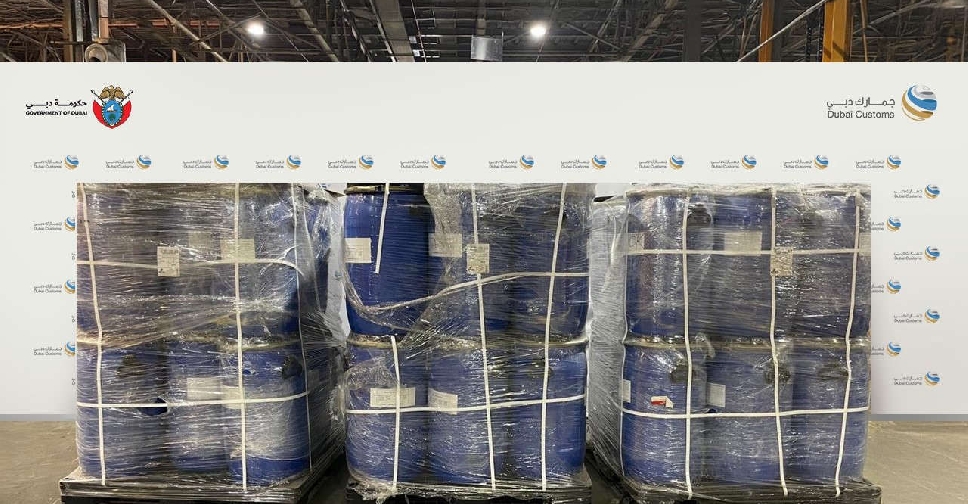
US President-elect Donald Trump's plan to slap a 25 per cent tax on all imports from Mexico and Canada could strike the bottom lines of US automakers, especially General Motors, and raise prices of SUVs and pickup trucks for US consumers.
GM leads the automakers that export cars from Mexico to North America. The top 10 car manufacturers with Mexican plants collectively built 1.4 million vehicles over the first six months of this year, with 90 per cent heading across the border to US buyers, according to the Mexican auto trade association.
Other Detroit manufacturers will likely also feel the pain: Ford and Stellantis are the top US producers in Mexico after GM, whose shares fell on Tuesday, the day after Trump's tariff announcement.
GM is expected to import more than 750,000 vehicles from Canada or Mexico this year, with most manufactured south of the border, according to business analytics firm GlobalData.
They include some of GM’s most popular vehicles, including nearly 370,000 Chevy Silverado or GMC Sierra full-sized pickups and nearly 390,000 midsized SUVs.
GM's Mexican plants also build two of its critical new electric vehicles, battery-powered versions of its Equinox and Blazer SUVs. Those GM models and others are already in the crosshairs of another expected Trump policy: ending a $7,500 EV subsidy, a move first reported by Reuters.
GM, Stellantis and Ford declined to comment on Trump's proposed tariffs.
Kenneth Smith Ramos, Mexico's former chief negotiator for the USMCA trade pact, said the move could hurt the United States as much as its North American trading partners.
"The US would be shooting itself in the foot," he said. The impact on Mexico's auto industry would also be "very negative."
GM employs 125,000 people in North America; a decline in sales of its Mexico-made cars could hurt its profit for the entire region, potentially putting pressure on payrolls on both sides of the border.
The tariff hikes would also serve as a reminder of the supply chains, which closely bind the three members of the United States-Mexico-Canada Agreement. Mexico and Canada account for more than 50 per cent of all auto parts exported to the United States - sending nearly $100 billion in parts. Imposing the tariffs would increase the costs of all vehicles assembled in the United States.
 Aviation sector contributes $4.1 trillion to global economy
Aviation sector contributes $4.1 trillion to global economy
 Paris AI summit draws world leaders
Paris AI summit draws world leaders
 16% growth in new economic licences in Abu Dhabi during 2024
16% growth in new economic licences in Abu Dhabi during 2024
 DEWA updates billing on water consumption
DEWA updates billing on water consumption
 UAE, Japan to complete CEPA by end of year
UAE, Japan to complete CEPA by end of year




